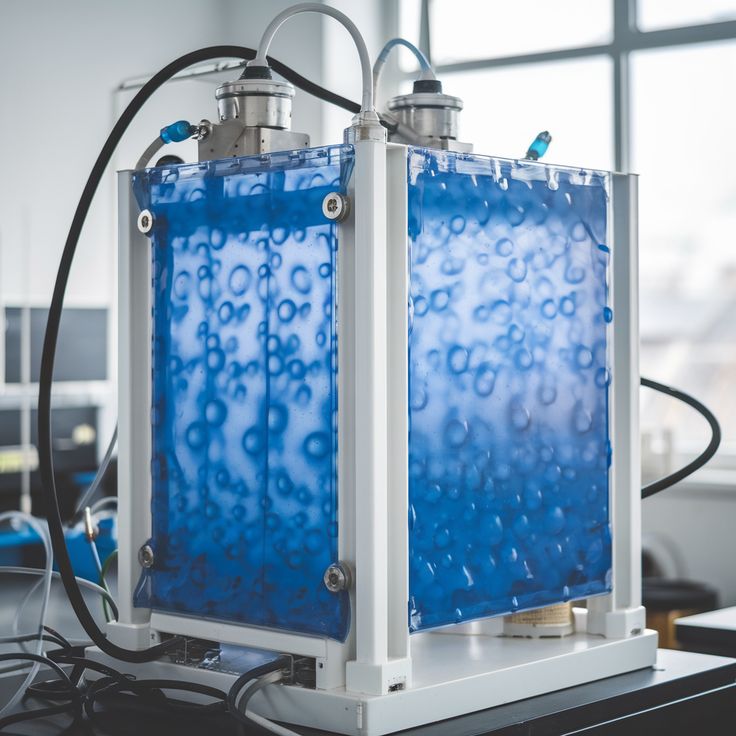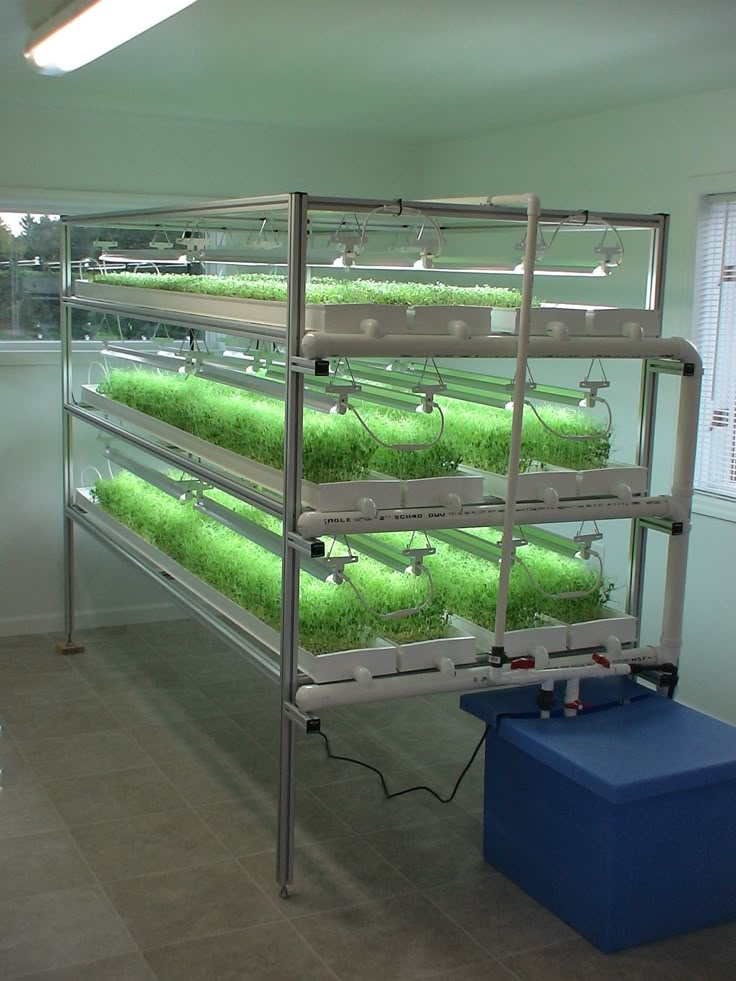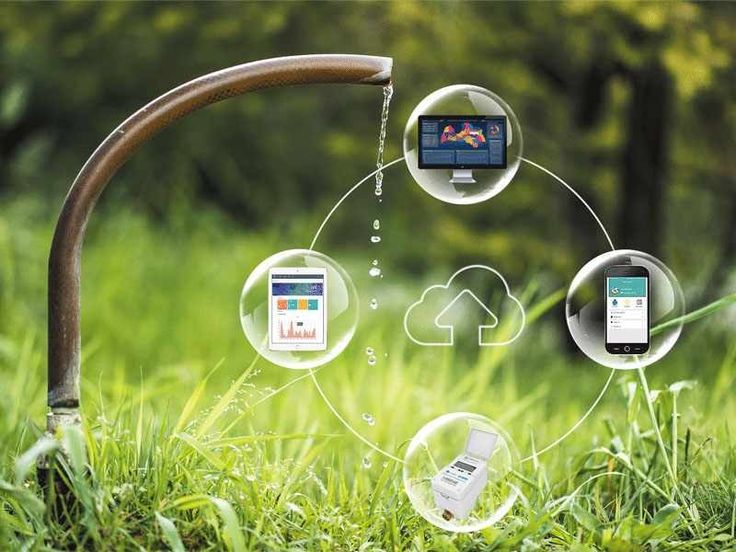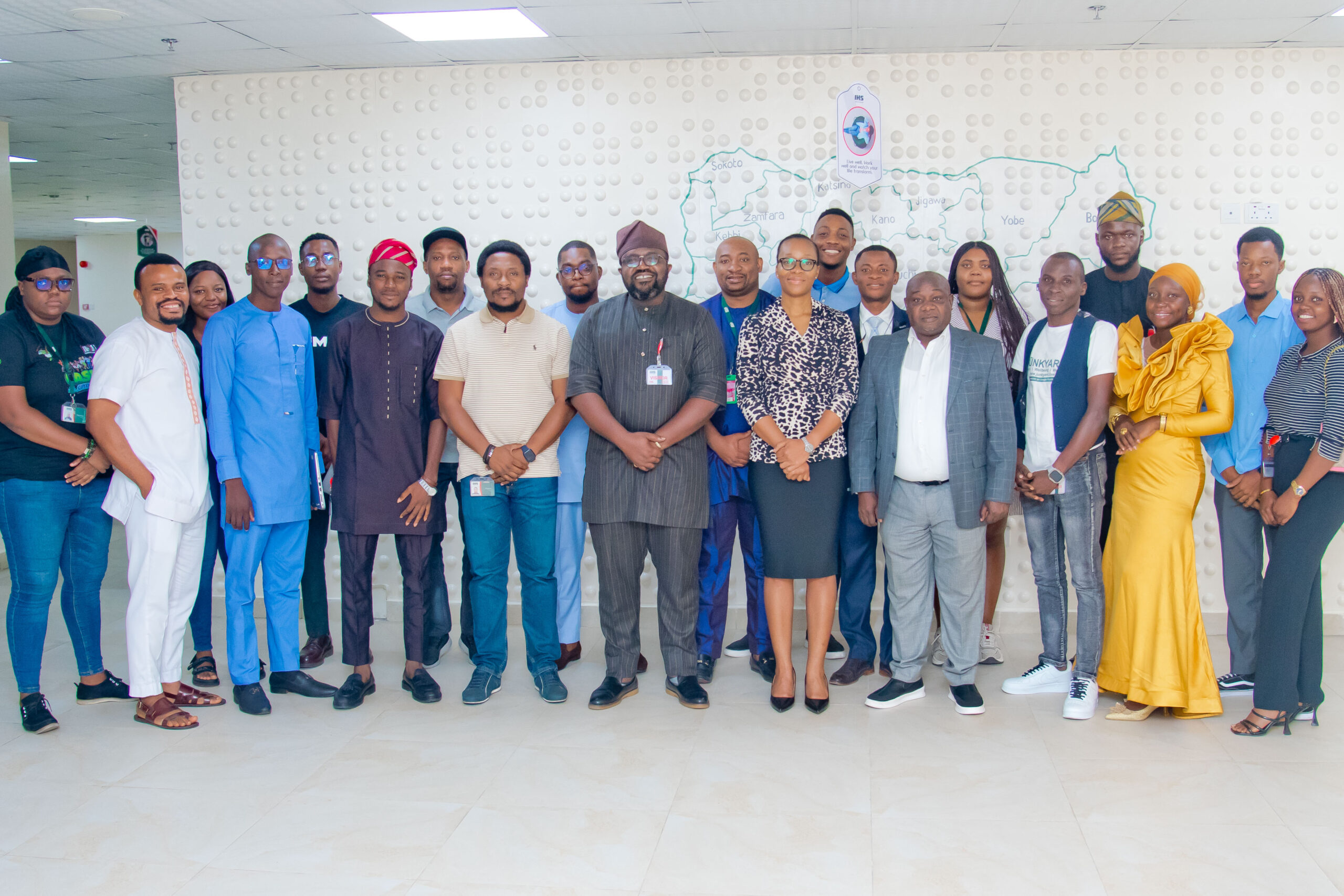
Research and Development
At Schrodinger Technologies Ltd., we are a team of passionate innovators committed to delivering sustainable solutions in renewable energy, clean water, and advanced technology.
At Schrodinger Technologies Ltd, we are driven by a passion for research and innovation that transforms the water, energy and food sectors. We believe that technology is the key to solving some of the world’s most pressing challenges, including clean water accessibility, sustainable energy solutions, and environmental conservation.
Our Research & Development (R&D) team works tirelessly to develop, test, and deploy groundbreaking technologies that improve lives. By collaborating with industry experts, academic institutions, research organizations, and government agencies, we ensure that our solutions are scientifically sound, practical, and scalable.
Our Focus Areas

Advanced Water Purification
Developing high-efficiency filtration and desalination technologies

Renewable Energy Integration
Exploring solar-powered and hybrid energy solutions for water treatment

Smart Monitoring & IoT
Implementing AI-driven systems to enhance water and energy management.

Sustainable Agriculture & Vertical Farming
Leveraging water treatment technology for agricultural productivity.
.

Waste Management & Circular Economy
Creating innovative waste-to-energy and recycling solutions.
.
Current Research
We are actively researching and developing new water purification systems, solar energy optimization, and waste-to-energy solutions to make clean water and sustainable energy more accessible. Some of our ongoing research includes:

Next-Generation Reverse Osmosis (RO) Filtration
Enhancing efficiency while reducing energy consumption.

Smart Water Monitoring Systems
Using IoT and AI to detect water quality in real time.

Hybrid Solar-Wind Energy Systems
Improving renewable energy integration for off-grid communities.

Electrocoagulation & Nanofiltration
Exploring innovative methods to remove contaminants from water sources.
.
Our research is application-driven, ensuring that every discovery leads to real-world impact for individuals, businesses, and communities.
Upcoming Technologies
We are constantly innovating to stay ahead of industry trends. Some of the upcoming technologies we are developing include:

Solar-Powered Atmospheric Water Generators
– Harvesting water from air to provide clean drinking water in arid regions.
Graphene-Based Water Filters
– Cutting-edge filtration technology for ultra-pure water.
Decentralized Water Treatment Units
– Small-scale purification systems for rural and disaster-stricken areas.
AI-Powered Water Demand Forecasting
– Using artificial intelligence to optimize water supply management.
Biodegradable Battery Storage for Solar Systems
– Sustainable energy storage for off-grid water treatment.
Through these innovations, we are shaping the future of water and energy sustainability.
Publications & Whitepapers
We are committed to knowledge sharing and publish our findings in leading journals, industry reports, and whitepapers. Our publications cover topics such as:

Innovations in Water Filtration & Treatment.

The Role of AI & IoT in Water Management.

Sustainable Solar Energy Solutions for Water Purification.

Impact of Renewable Energy on Water Accessibility in Africa.

Policy Recommendations for Water & Energy Infrastructure Development.
These publications serve as valuable resources for researchers, policymakers, and industry professionals.
Collaboration Opportunities
We believe that partnerships drive innovation. Schrodinger Technologies collaborates with universities, research institutions, government agencies, NGOs, and private enterprises to accelerate technological advancements.

We invite partners to collaborate with us in:
✔ Joint research projects on water purification and renewable energy.
✔ Pilot programs for new sustainable technologies.
✔ Government and NGO partnerships for scaling impact-driven solutions.
✔ Industry collaboration to enhance product development and commercialization.
✔ Academic research in environmental science, engineering, and technology innovation.
Articles
-
The Impact of Nano Filtration in Removing E. coli
Nano filtration (NF) is a cutting-edge water purification technology that has proven highly effective in removing harmful microorganisms, including Escherichia coli (E. coli), from water. E. coli, a common bacteria found in contaminated water, can cause severe gastrointestinal illnesses and other health complications. Traditional filtration methods often struggle to eliminate such microscopic pathogens, but nano…
-
UV Light: A Tool for Killing Microorganisms in Water
Ultraviolet (UV) light has emerged as a powerful and environmentally friendly method for disinfecting water. Unlike chemical treatments, UV light does not alter the taste, odor, or pH of water, making it an ideal solution for killing harmful microorganisms. UV light works by emitting short-wavelength radiation that penetrates the cells of microorganisms, including bacteria, viruses,…
-
Recycling Brine Water for Agricultural Purposes
Brine water, a byproduct of desalination and industrial processes, is often considered waste due to its high salt content. However, innovative approaches are now enabling the recycling of brine water for agricultural purposes, addressing both water scarcity and environmental concerns. Traditional disposal methods, such as discharging brine into oceans or landfills, can harm ecosystems and…
-
Viruses: Unseen Organisms in Water
Viruses are among the most elusive and dangerous contaminants in water. Unlike bacteria or parasites, viruses are microscopic and cannot be seen with the naked eye, making them particularly challenging to detect and eliminate. Waterborne viruses, such as norovirus, hepatitis A, and rotavirus, can cause severe illnesses, including gastrointestinal infections and liver damage. The small…
-
Tap Water: A Major Cause of Cholera
Cholera, a life-threatening diarrheal disease, is primarily caused by consuming water contaminated with the bacterium Vibrio cholerae. Despite advancements in water treatment, tap water remains a potential source of cholera outbreaks, particularly in regions with inadequate infrastructure or poor sanitation practices. Contaminated tap water can result from broken pipelines, sewage leaks, or insufficient treatment processes. In…
Join Us in Driving Innovation

At Schrodinger Technologies, we are pioneering the future of water and energy. Through cutting-edge research, breakthrough technologies, and strategic partnerships, we are committed to making a global impact.
We invite scientists, engineers, entrepreneurs, and organizations to join us on this journey. Whether you are looking for research partnerships, innovative solutions, or industry insights, Schrodinger Technologies is your trusted partner for the future of sustainable water and energy solutions.
Interested in partnering with us? Contact our Research & Development Team today!
Mail: Research@schrodingertechs.com
You may be interested in

Our Story – Who We Are
“From Vision to Reality – Discover the Mission Driving Our Innovation!”
Learn about Schrodinger Technologies Ltd, our journey, and how we are transforming access to clean water across Africa.

Our Products – Clean Water, Anytime, Anywhere
“Innovative Water Purification at Your Fingertips– Find the Perfect Solution for You!”
Browse our range of portable, home, and community water purification systems designed to meet your needs.



